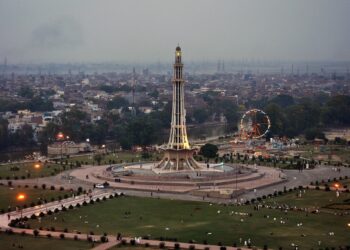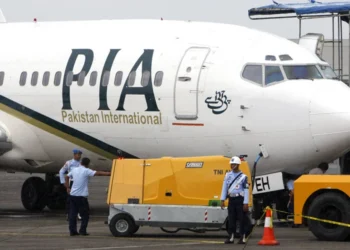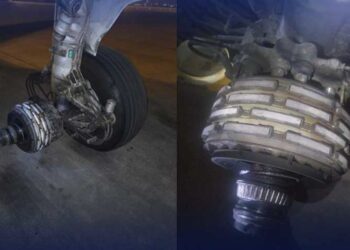LAHORE, Jun 17: Punjab Finance Minister Mian Mujtaba Shuja ur Rehman Monday presented Rs 871,95 billion budget for the next fiscal year with special emphasis on education, health, agriculture and communication sectors. Presenting the budget for the fiscal year 2013-14 during the PA session with Speaker Rana Muhammad Iqbal khan in the chair, the provincial finance minister said that the general revenue receipts by Punjab have been estimated at Rs 871.95 out of which Rs 702.12 billion will be received from the federal government under National Finance Commission (NFC) award while the provincial receipts including the tax and non-tax revenues have been estimated at Rs 169.83 billion in the budget.
The Minister said that Punjab government has presented development budget for the year 2013-14 of Rs 290 billion out of which Rs 240 billion have been allocated for the Annual Development Programme (ADP) while Rs 50 billion have been earmarked for the development grants.
He said that the development budget estimates are 16 percent (Rs 114 billion) higher than the last year 2013-13 with the sector-wise break-up at: Rs 90.79 bln for the Social sector; Rs 90.71 bln forthe infrastructure; Rs 11.9 bln for the production; Rs 13.55 bln for the services; Rs nine bln for the miscellaneous; Rs 24.84 bln for the special programmes and Rs 50 bln for other development preferences.
He said that the ongoing expenditures for the fiscal year 2013-14 have been estimated at Rs 607.56 billion which is 10.5 percent higher than the current fiscal year.
Giving out the break-up of the ongoing expenditures during the next fiscal year 2013-14, he said that the ongoing expenditures include Rs 239 billion for the Local government under Provincial Finance Commission (PFC), Rs 93.71 bln for the Public Order and safety, Rs 101.6 bln for the General Administration, Rs 201 bln for the education sector on the provincial and district level, Rs 82 bln for the health sector at the provincial and district level, Rs 13 bln for the agriculture sector, Rs 74.93 bln for pension of the retired government servants besides Rs 36 bln have been earmarked for subsidy to the masses during the next fiscal year.
The Provincial Finance Minister said that the Punjab government has set a target of tax receipts at Rs 126.7 billion during the next fiscal year which is 40 percent higher than the current revised targets of the provincial government.
He said that Rs 126.7 billion tax target is a historic decision by the PML-N led Shahbaz Sharif government which would serve as an important milestone in the journey towards provincial autonomy besides raising the resources for the development works in the province.
The Minister said that no increase has been proposed for the non-tax receipts including hospital outdoor fees (Purche) and traffic chalan etc.
He said that the public welfare projects were not possible without increase in the provincial receipts, adding that the Shahbaz Sharif government had introduced Punjab Revenue Authority (PRA) and decided to collect sales tax on the services during the current fiscal year and these steps bore fruit.
The Minister said that Punjab government generated Rs 37 billion during the fiscal year 2012-13 with the help of Punjab Revenue Authority, adding that Rs 15 billion higher than the total receipts by the FBR during the fiscal year 2011-12.
Mujtaba said that no nation could traverse on the road to progress with self-reliance, adding that PML-N led government has introduced such steps which would help make the nation self-reliant. He said that Punjab government has cut down government expenditures to achieve this purpose.
He said the Punjab government will not levy any tax on the poor strata of society while only those segments will be brought into the tax-net which can pay taxes.
Terming the provincial budget a balanced document, he said that the preference set in the next fiscal budget correlate with the PML-N manifesto and vision of the Punjab government, adding that the preferences will help strengthen the province economically, provide better education and healthfacilities to the masses, set new principle of good-governance, make the youth viable members of society and ensure agriculture and industrial revolution in the province.

















